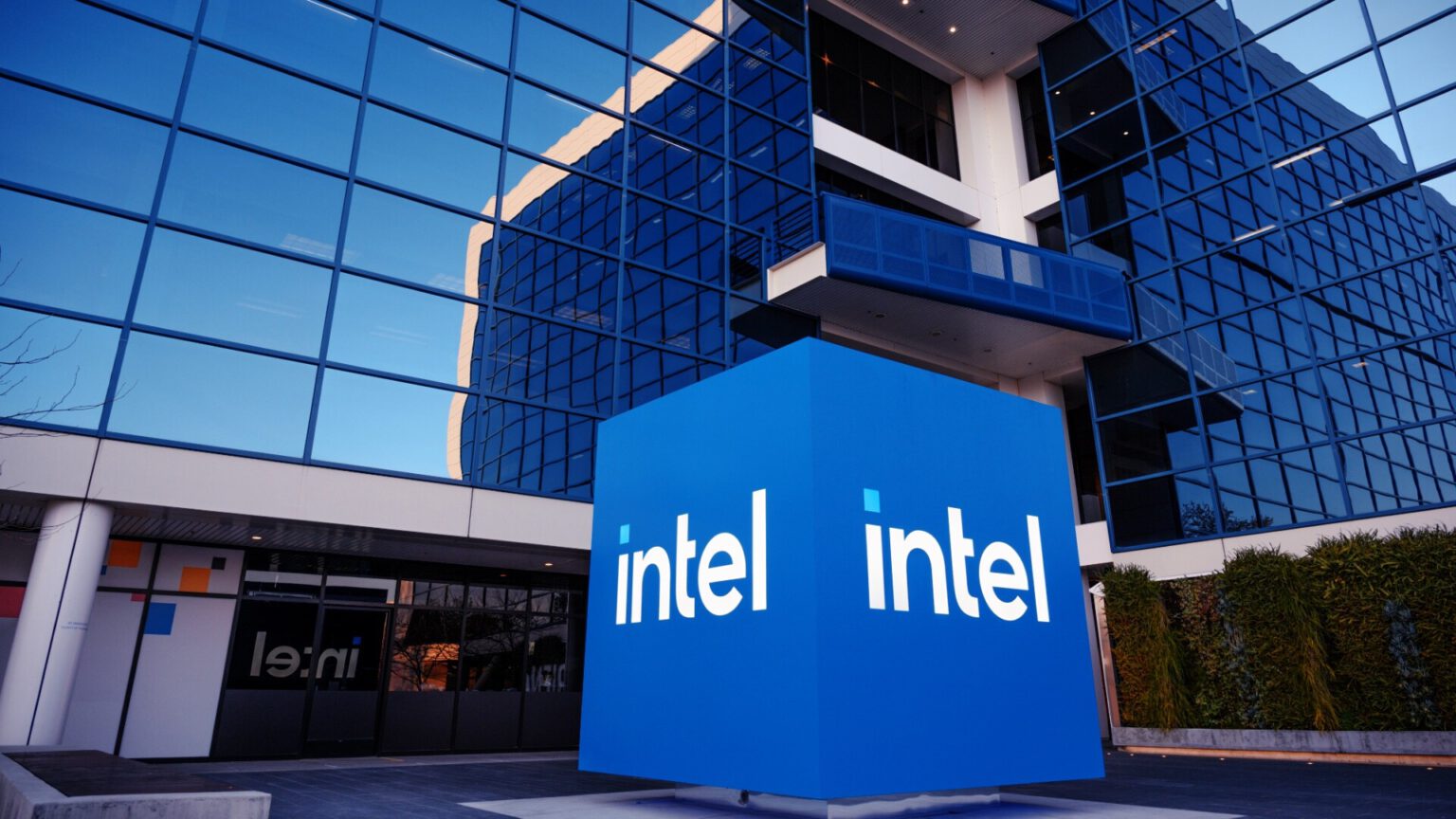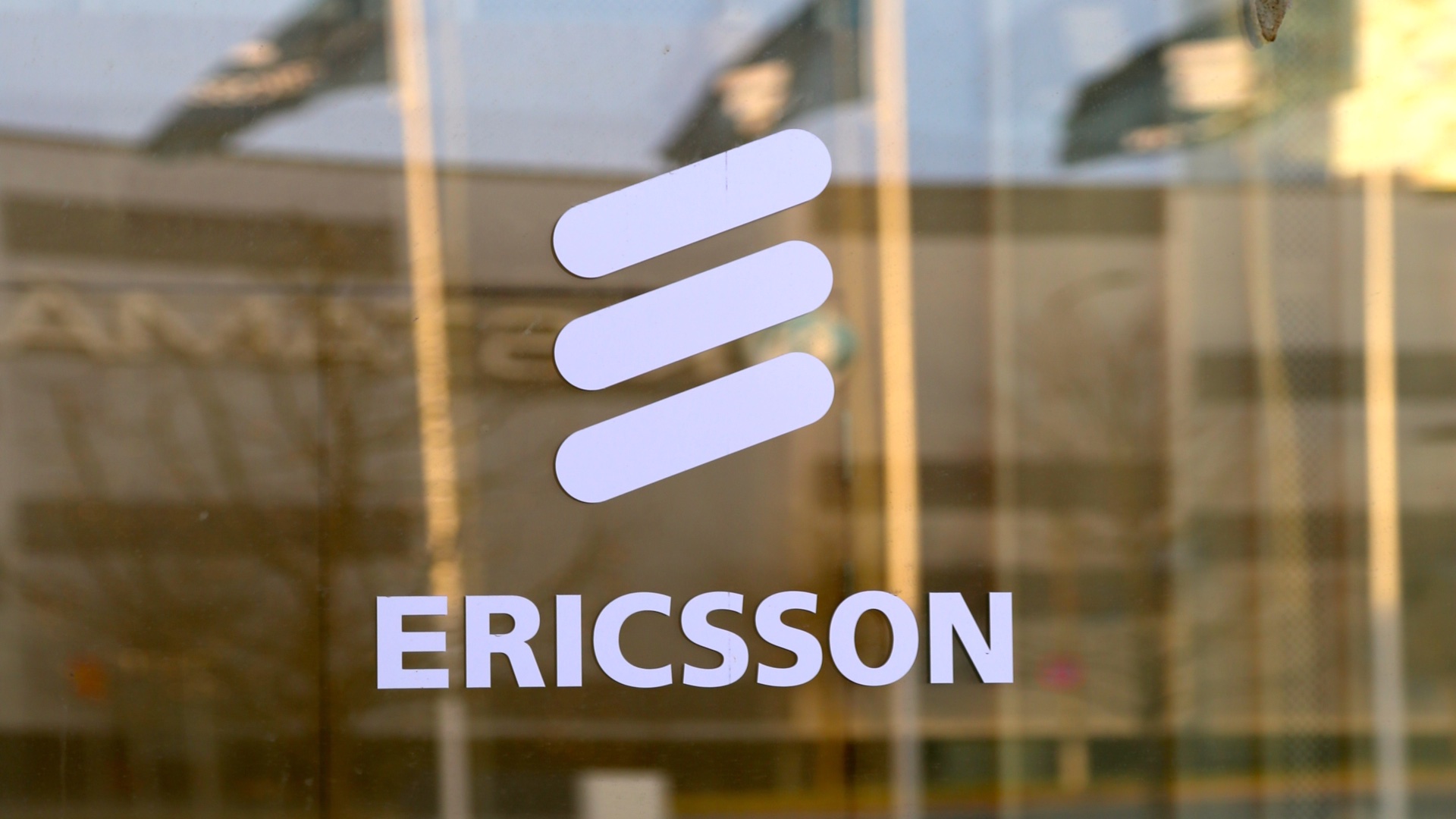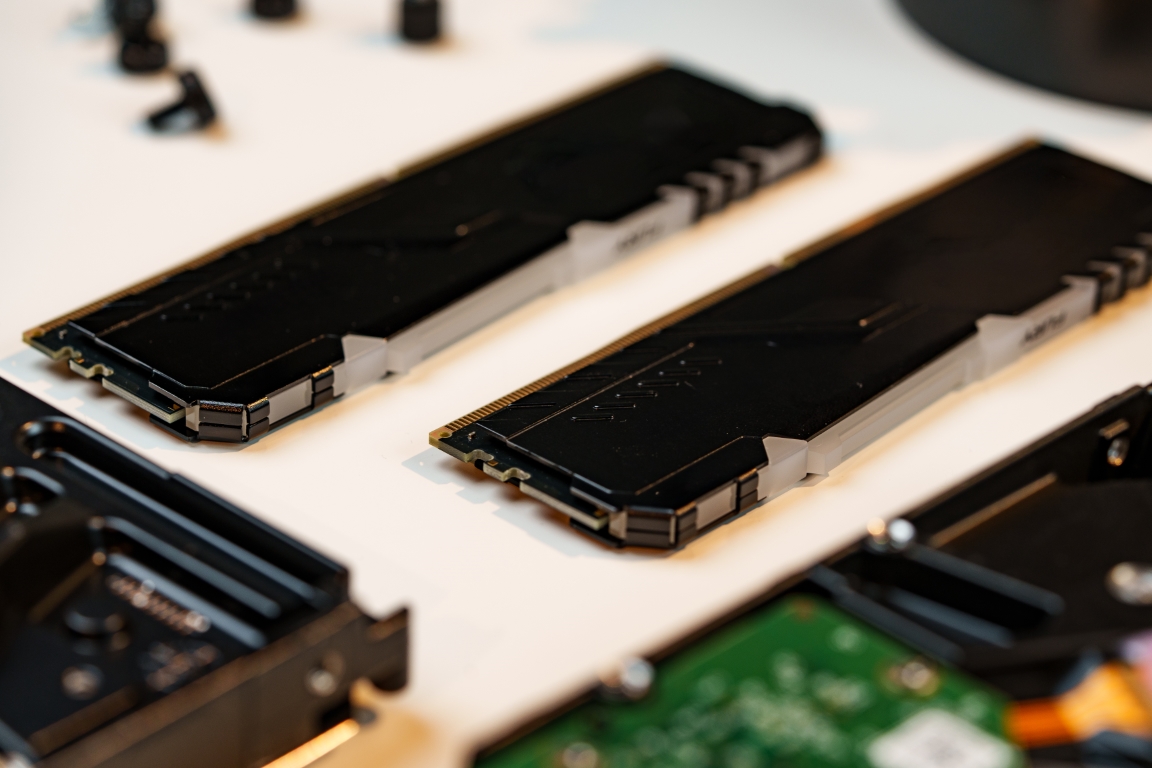Intel is officially pulling out of building semiconductor factories in Poland and Germany. The decision comes as part of a new strategy to reduce geographic fragmentation and link investment more closely to real demand. This is a clear signal that the US giant is abandoning its previous ‘stockpile’ expansion model in favour of a more disciplined financial approach.
The project in Miękinia near Wrocław, announced on a grand scale in 2023, was expected to cost $4.6bn and create 2,000 jobs. Despite the state’s declared support and Poland’s position as an emerging EU technology hub, the investment was put on hold, as was the factory in Germany, where there was talk of $30 billion in spending.
Intel’s new policy also means consolidating testing and assembly operations in larger locations in Asia – Vietnam and Malaysia – and slowing down work at its flagship complex in Ohio. This is a clear shift in priorities – from a broad global presence to selective, demand-driven capacity expansion.
From Poland’s point of view, this is a painful image blow. The project in Miękinia was seen as a breakthrough step towards attracting semiconductor investment to the region. In practice, however, it shows that even the biggest announcements today are conditional and dependent on the changing global environment – not only demand, but also competition and costs.
Europe, despite the EU ‘Chips Act’, has so far failed to convince Intel to stay.











